Essential terms to know about substance use
SUBSTANCE USE. This refers to consuming alcohol, tobacco, or drugs for their psychoactive effects. (example: drinking alcohol socially at a party).
SUBSTANCE MISUSE. This happens when someone uses a substance in a way that’s harmful to their health or well-being, even if it doesn’t qualify as addiction. An example would be taking more of a prescribed medication than directed. (example: taking a higher dose of prescription medication than prescribed).
SUBSTANCE USE DISORDER. It is a mental disorder, a condition where a person repeatedly uses psychoactive substances despite negative consequences, such as health problems, legal issues, and impaired functioning. This can involve tolerance, withdrawal symptoms, and compulsive drug-seeking behavior.
TOLERANCE. A condition where increasingly larger amounts of a substance are needed to achieve the desired effect (for example: a person needing to take more painkillers over time to relieve chronic pain).
WITHDRAWAL. Symptoms that occur when a person reduces or stops substance use after prolonged use; (example: experiencing headaches, nausea, and irritability after quitting caffeine).
DRUG-SEEKING BEHAVIOR refers to the actions people take when they are looking for drugs. This persistent craving for drugs and the tendency to relapse is what sets drug addiction apart from simply using or misusing drugs.
CRAVING. A strong desire or urge to use a substance; (example: a person with nicotine addiction feeling an intense urge to smoke a cigarette).
ABSTINENCE. The complete absence of substance use; (for example: A person in recovery refrains from using alcohol, drugs, or other addictive substances).









